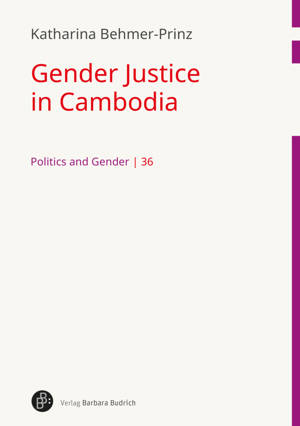
Je cadeautjes zeker op tijd in huis hebben voor de feestdagen? Kom langs in onze winkels en vind het perfecte geschenk!
- Afhalen na 1 uur in een winkel met voorraad
- Gratis thuislevering in België vanaf € 30
- Ruim aanbod met 7 miljoen producten
Je cadeautjes zeker op tijd in huis hebben voor de feestdagen? Kom langs in onze winkels en vind het perfecte geschenk!
- Afhalen na 1 uur in een winkel met voorraad
- Gratis thuislevering in België vanaf € 30
- Ruim aanbod met 7 miljoen producten
Zoeken
Omschrijving
Post-conflict societies undergo significant transitions, often accompanied by international interventions (e.g. transitional justice). These interventions bring both international actors and norms into sovereign national spaces, triggering dynamic norm changes and negotiations. The book presents a theory-driven approach to understanding the complex interactions between local and global norms. It aims to make norm translation, localization, and change processes transparent. The case study illustrates how global gender norms were localized, leading to the prosecution of forced marriage at the Khmer Rouge tribunal in Cambodia. It also highlights how legal activism and transnational advocacy drive this localization process, introducing hybrid courts as norm catalysts. Finally, the book offers a nuanced understanding of norm negotiations in transnational justice politics.
Specificaties
Betrokkenen
- Auteur(s):
- Uitgeverij:
Inhoud
- Aantal bladzijden:
- 240
- Taal:
- Engels
- Reeks:
- Reeksnummer:
- nr. 36
Eigenschappen
- Productcode (EAN):
- 9783847427414
- Verschijningsdatum:
- 18/05/2026
- Uitvoering:
- Paperback
- Afmetingen:
- 148 mm x 210 mm

Alleen bij Standaard Boekhandel
+ 118 punten op je klantenkaart van Standaard Boekhandel
Beoordelingen
We publiceren alleen reviews die voldoen aan de voorwaarden voor reviews. Bekijk onze voorwaarden voor reviews.









